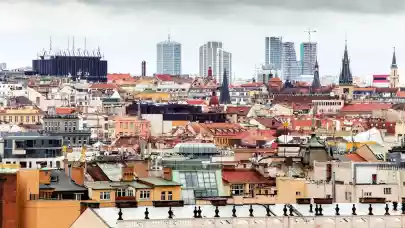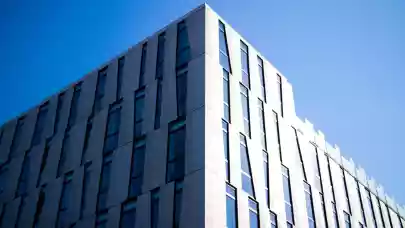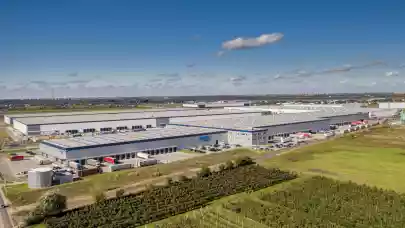
While the first results show that the GDP grew by 5.2% q-o-q in Q3 in the Czech Republic, the second wave of COVID-19 has forced the government to re-impose strict containment measures to curb the spread of the virus. Retail sales grew during the summer as they reached pre-pandemic levels. However, consumer confidence fell for a second consecutive month in September, while a worsening labour market outlook and a resurgence of new infections will mean households keep more precautionary savings as well as denting income. On the other hand, industrial production resumed growth in September and is likely to underpin economic growth as it is less exposed to the pandemic. Cushman & Wakefield summarised the situation in each market segment.
Industrial
The latest economic results show that the industrial sector has increasingly been the main engine of recovery, as it benefits from the recent improvements in global trade and is less exposed to the pandemic. Yet, the reliance of industry on car manufacturing, deeply integrated into the European automotive supply chain, leaves industry vulnerable to swings in external demand. Despite the persistently low unemployment, the labour market outlook gets worse as it relies on continued support from the furlough schemes and a resurgence of new infections will mean retail sales could decline again, which can affect the currently flourishing e-commerce.
Office
Companies are careful with their moving or expansion plans and certainly try to optimize their costs. With the experience of more extensive working from home during the first wave of the pandemic, employers are now considering more flexible working schemes together with a higher number of shared desks resulting in lower demand for office space in general. This is evident from the lowest quarterly net demand in the last decade together with the growth of the available space for sublease. On the other hand, the current vacancy rate still keeps relatively low, as we recorded a high volume of renegotiations and new supply is reasonable.
Retail
Sales in shopping centres, especially those in regions, were at comparable levels in Q3 as in the last year, although the footfall was perceptibly lower. This indicates current change in shopping behaviour: shop visits become more specific and purpose-driven, shopping is used less as a way of spending free time and is carried on by individuals, rather than whole families. Meanwhile, online retail continues to take an even higher share in spending. While regional shopping centres are expected to recover fast after the crisis, Prague schemes and high street will struggle with the lack of tourists, office employees and people in traffic hubs and their way back to sales growth will be slower.
Hospitality
COVID-19 and its associated restrictions have had a significant impact on the hotel sector in Prague, with total revenues declining by over 80% in the first nine months of the year. Despite some signs of recovery in the summer, demand began to fall again in September, with open hotels recording occupancies of only around 15%. To adapt to these challenging times, some hotels have been turning to alternative uses such as offering “work from hotel” packages or long-term accommodation. Once the pandemic is contained, demand is anticipated to make a full recovery in 2023/24, driven by leisure demand from neighbouring countries.
Investment
Current uncertainty impacts all sectors. The most significant and direct effect is on hospitality and high street assets where the road to recovery is seen as the most complicated. Office, logistics and retail warehouse schemes are perceived as more resilient, whereas selected local and western investors recently started to be increasingly interested in residential for rent opportunities. Yet, full country lock-down, which is imminent, would certainly slow down further transactional activity, which we now expect to be significantly depressed in both 2020 and 2021.



